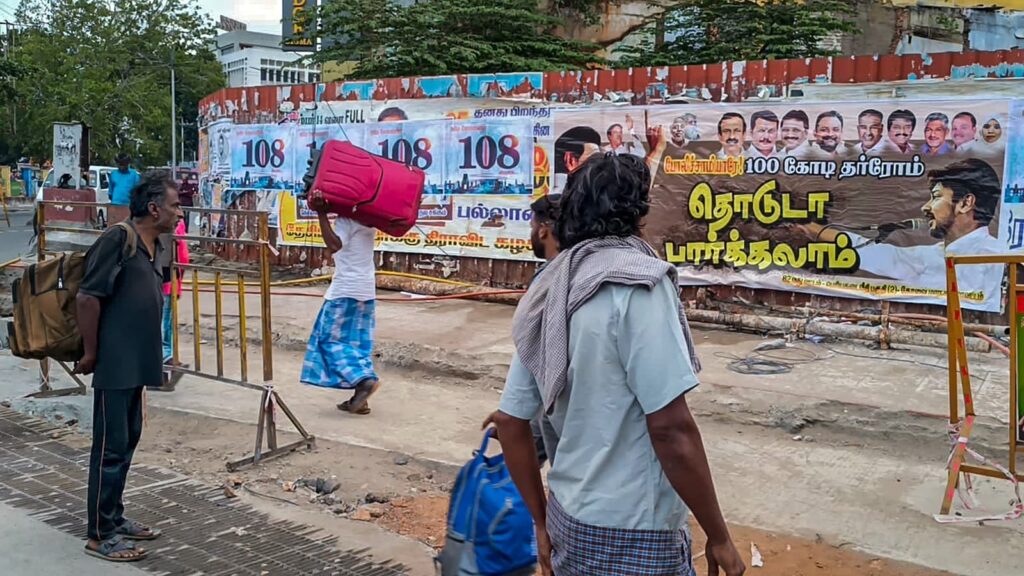It’s clear now that the BJP is likely to turn the controversy over the DMK’s stance on Sanatana Dharma into a major poll issue – five state elections are scheduled later this year. Last week, the Prime Minister (PM) himself led the charge against the Opposition at a political rally in Bina, Madhya Pradesh, where he claimed that the destruction of Sanatana Dharma was the hidden agenda of the INDIA group. BJP leaders have gone on the offensive on this issue ever since Tamil Nadu minister Udhayanidhi Stalin described Sanatana Dharma as a disease and sought its eradication. The BJP has claimed that the entire INDIA group subscribes to the DMK’s views though no major party in the group has endorsed the Dravidian party’s view. The Congress has distanced itself from the DMK’s statements while stating that the party maintains equal respect for all religions.
The Opposition’s refusal to engage with the issue indicates fear that the BJP could weaponise the Sanatana Dharma controversy and polarise voters. Interestingly, even the parties that claim the legacy of social justice politics such as the Samajwadi Party, RJD and JD-U seem to have decided that it is best to stay clear of any debate on faith. Terms and categories such as Sanatana Dharma have a hoary origin and have meant different things at different times in history.
The BJP has been successful in eclipsing old arguments and controversies and has built a political constituency around Hindu pride. It has also seamlessly conflated the Hindu identity, a broad category that appears to subsume multiple faith traditions and practices and the contradictions within them, with its ideas of Indian nationalism. At the Bina rally, PM Narendra Modi said: “They (the Opposition) are bent on destroying the ideologies, cultures and traditions that have kept the country and the people together for centuries”.
For the BJP, Sanatana Dharma is more than a faith, it is a binding force that holds the nation together. The Opposition is reluctant to challenge this political plank of the BJP. The BJP’s public communication, particularly regarding its core issues, has been excellent whereas the INDIA group tends to speak in different voices. The INDIA group’s inability to collectively articulate its stand on big issues and controversies gives further salience to the BJP’s stated positions. This can impact the group’s electoral prospects.
Embrace independence with quality journalism
Save on HT + The Economist subscription


